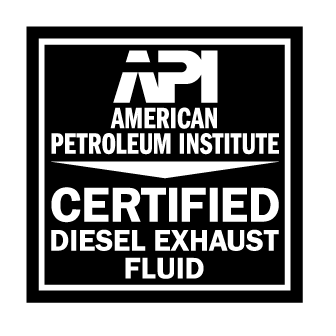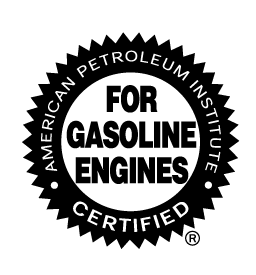“On behalf of the members and staff of the American National Standards Institute (ANSI), it is my pleasure to extend our warm congratulations to the American Petroleum Institute (API) in recognition of its 100th year of standards development.
ANSI applauds API for its many contributions to support the oil and gas industry through standardization over the past century. API has a laudable record of success as an ANSI-accredited standards developer and a demonstrated commitment to developing standards that enhance operational safety, environmental protection, and sustainability across the industry. In addition to API’s myriad of domestic activities, your impactful work extends to the advancement of API’s standards internationally. ANSI welcomes the continued opportunity for partnerships with API such as the successful Standards Alliance: Phase 2 project harmonizing West African petroleum standards. As well, we are grateful for API’s active and longstanding participation on ANSI’s Board of Directors and Executive Standards Council, through which API contributes to the greater standardization system in the U.S. and across the globe.
Congratulations on this exciting milestone. ANSI appreciates your many efforts in support of the standardization community.”
– Joe Bhatia – President and CEO, American National Standards Institute
"Congratulations to API on 100 years of standards setting in oil and gas! My first exposure to them was in 1981 when I designed centralizers and tested them to API Spec 10D. More lately, I've had the privilege of working with numerous API personnel helping manage development of many other standards and programs. Its always enjoyable to see the passion and excellence API brings to the industry. Well Done!"
– Austin Freeman – Owner – Freeman Professional Services, PLLC
“As a leader in the development of codes, standards, and conformity assessment, ASME congratulates the American Petroleum Institute for 100 years of outstanding service to the petroleum industry. API’s commitment to excellence continues to ensure high quality safety practices for workers, promotes technical integrity, and remains sensitive to the needs of our environment.”
– Thomas Costabile, P.E., ASME Fellow, Executive Director/CEO, American Society of Mechanical Engineers
“Sound technical standards enhance safety and quality while enabling our industry to codify the technical developments needed in a changing world. My deepest thanks and congratulations to API for their 100 years of leadership and collaboration that continues to foster innovation and best practices.”
– Graham Henley, CEO, IOGP








FOLLOW OUR SOCIAL MEDIA: